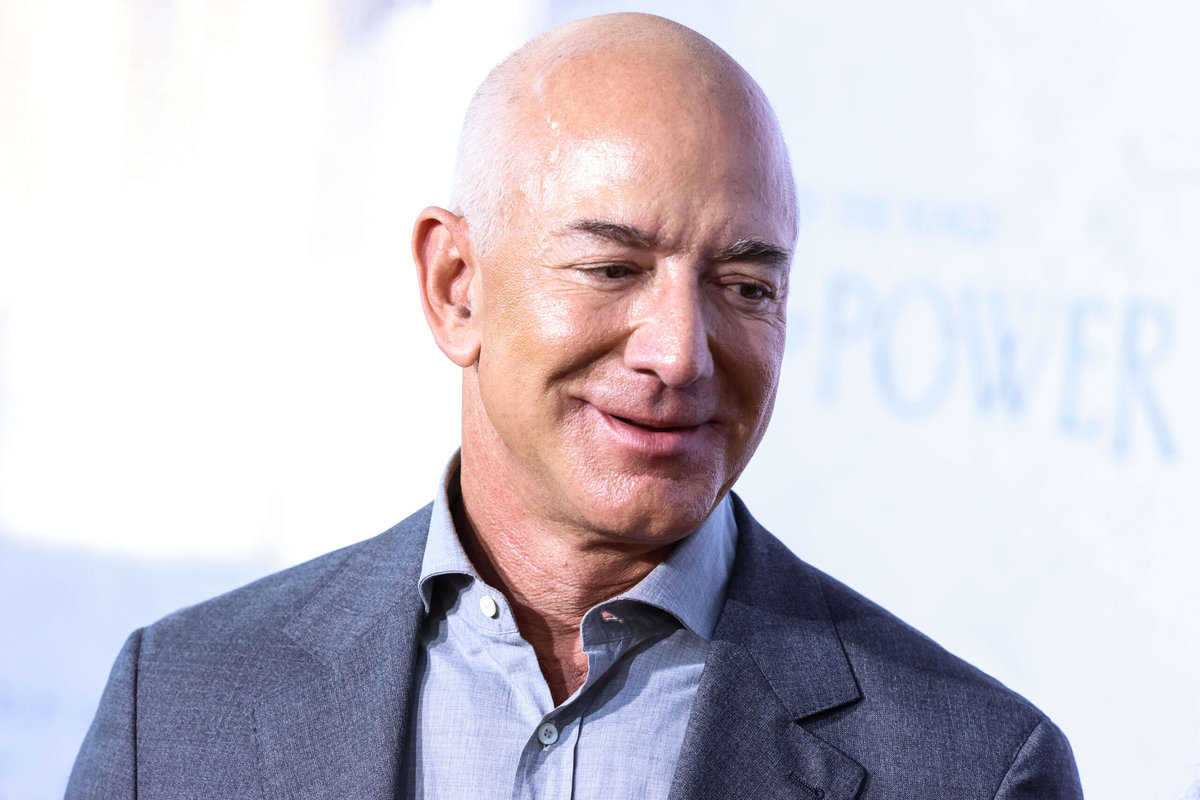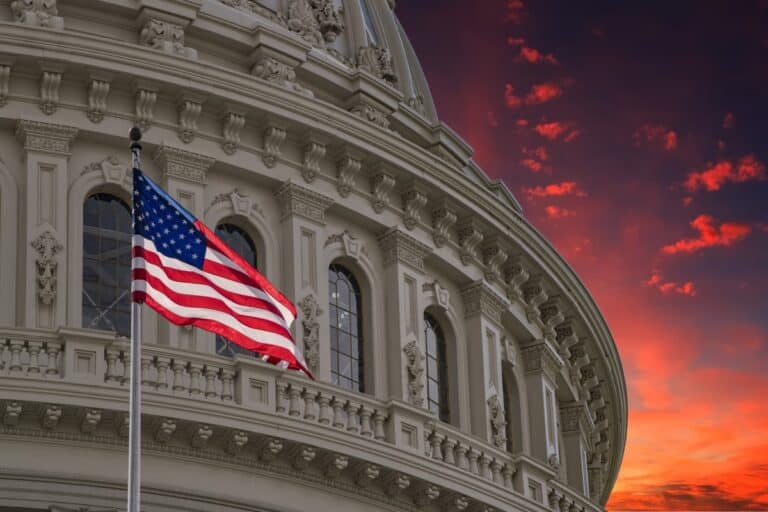Jeff Bezos’ Relocation Sparks Tax Policy Discussions

Jeff Bezos, the entrepreneur behind Amazon, made headlines last month with his decision to move from Seattle to Miami, sparking speculation about the move’s motives and the long-term impacts.
Capital Taxes, Estate Taxes, and Billionaire Taxes
While Bezos, valued at a staggering $162 billion, cited his affection for Miami and the pull of family ties as the primary reasons for his move, the absence of any mention regarding taxes stirred speculation.
Several recent changes have occurred in the tax landscape. In Washington, where Bezos was previously based, the Washington State Supreme Court upheld a 7% tax on capital gains above $250,000 earlier this year.
Passed by the 2021 Washington State Legislature, the Douglas County Superior Court ruled in March 2022 that the capital gains excise tax was unconstitutional and invalid. Washington State appealed the ruling, and with all legal challenges now settled, a 7% tax on any long-term capital gain in excess of $250,000 in a calendar year will be imposed.
Bezos has been selling his Amazon stock investments annually to fund Blue Origin, his space company. According to news reports, he sold about $15.7 billion worth of Amazon stock between 2020 and 2021. Given the passage of the capital gains tax, he would face a substantial tax hit due to the sale of his Amazon stock. Florida’s lack of a capital gains tax.could provide significant tax savings.
Besides escaping the newly imposed capital gains tax, we must also consider that Washington’s estate tax on estates above $2.19 million reaches up to 20%. Florida boasts no estate tax.
These are not the only taxes Bezos has to contend with. Democrats in Washington state have led several efforts to introduce what is popularly known as a billionaire tax. As per the proposed tax, individuals who reside in Washington would be subject to a wealth tax equal to 1% of their taxable worldwide wealth over $250 million. The tax would be computed based on the fair market value of an individual’s financial intangible assets, including cash, stocks, bonds, annuities, commodities, treasury bills, and certificates of interest in gold and other precious metals.
After implementation, the state’s economists projected that the wealth tax would raise over $3 billion a year. Based on Bezos’s net worth, he would have been on the hook for an annual tax of over $1.4 billion.
We strongly support the equitable wealth tax proposed in Senate Bill 5486, and that’s because the proposal would be a boon for Washington’s economy, strengthening community structures like schools and affordable housing, creating thousands of jobs, boosting personal income, and making Washington more attractive for business investment,” said Andy Nicholas, senior fellow at the Washington State Budget and Policy Center.
The proposal to impose a new 1% wealth tax on billionaires failed to pass, but Democrats have vowed to continue trying to garner support for the bill. Extreme wealth is measured in stocks and bonds and other intangible property that generates large sums of value for whoever possesses it, regardless of whether the wealth holder continues working or not,” said Shaun Scott of the Statewide Poverty Action Network. “We support Senate Bill 5486 and urge Washington lawmakers to do the same.”
Washington’s Loss Is a Gain for Florida
Florida has been a significant beneficiary in the last few years of the great migration from various states’ losing population.
Amazon is seeking roughly 50,000 sq ft of office space in Miami. The company already has over 400 corporate and technology workers in Miami. It is widely expected that Florida will benefit from additional high-paying jobs created due to Amazon’s move.
Bezos is not the only billionaire bullish on Miami. Hedge fund manager Ken Griffin anticipates Miami overtaking New York City as financial firms migrate south to escape rising crime rates. The lower taxes and climate would be an additional draw.
Paul Singer’s Elliott Management hedge fund also moved its headquarters from Manhattan to West Palm Beach, Florida, in 2020.
Billionaire activist Carl Icahn also ditched New York for the Sunshine State. Although Icahn, who grew up in Queens, highlighted that his move to Florida was to enjoy the warmer climate year around, one can’t help but wonder at the impact of billionaires moving to Florida.
Long-Term Impacts of Various Tax Proposals
Only Bezos knows whether tax considerations factored into his choice to relocate to Florida. Publicly, he has mentioned his desire for proximity to family and managing his Blue Origin ventures. However, it’s intriguing that regardless of the rationales billionaires offer for their relocations, they consistently gravitate toward states with lower taxes. Whether or not tax benefits drove his move, its repercussions for politicians in various states are evident. Besides Washington, state legislatures in California, Connecticut, Hawaii, Illinois, Maryland, Minnesota, and New York have pursued similar efforts to impose wealth tax.
“We are here to put billionaires and ultramillionaires on notice that it is time that they pay what they owe and that state legislators are the ones to make them do it,” said Sen. Noel Frame, D-Seattle, who sponsored the Wealth tax bill.
But in a globally connected world where geographic boundaries are meaningless, the citizens might have put the politicians on notice. The risks inherent in constructing tax systems heavily reliant on a small cluster of taxpayers opting to remain rooted in place are now apparent.

John Dealbreuin came from a third world country to the US with only $1,000 not knowing anyone; guided by an immigrant dream. In 12 years, he achieved his retirement number.
He started Financial Freedom Countdown to help everyone think differently about their financial challenges and live their best lives. John resides in the San Francisco Bay Area enjoying nature trails and weight training.
Here are his recommended tools
Personal Capital: This is a free tool John uses to track his net worth on a regular basis and as a retirement planner. It also alerts him wrt hidden fees and has a budget tracker included.
Platforms like Yieldstreet provide investment options in art, legal, real estate, structured notes, venture capital, etc. They also have fixed-income portfolios spread across multiple asset classes with a single investment with low minimums of $10,000.






Never will understand why Democrats hate anyone who makes money, except themselves.